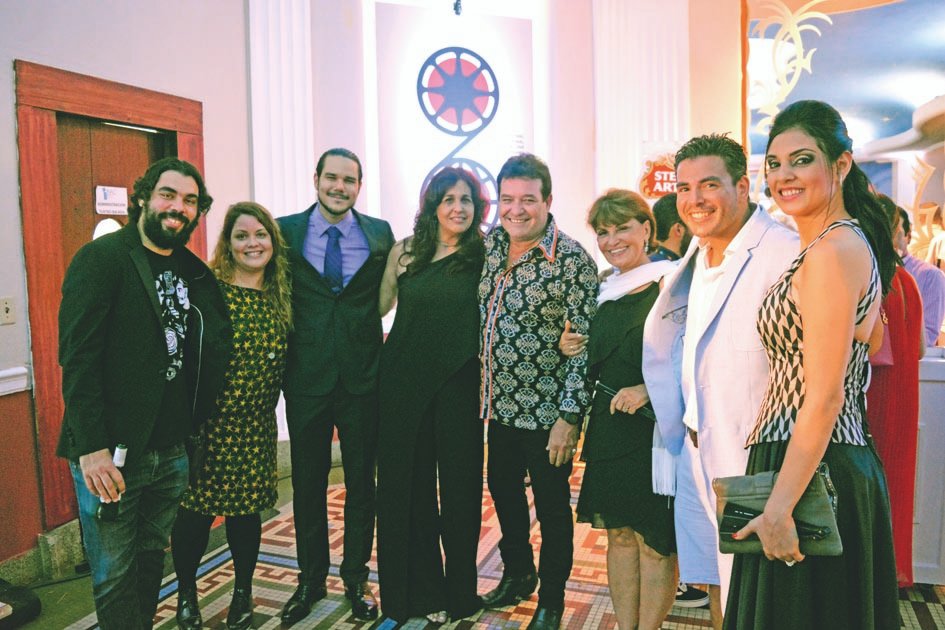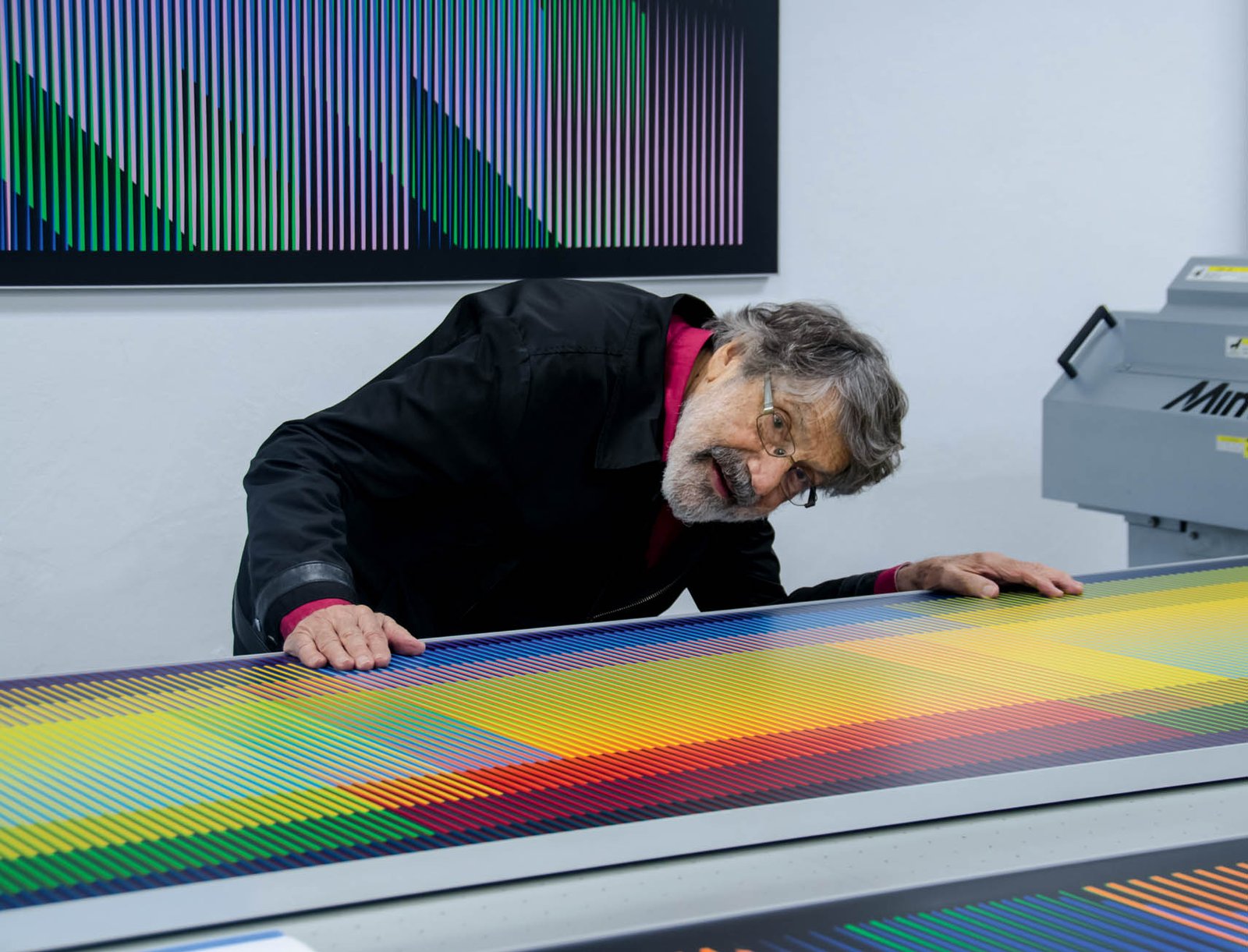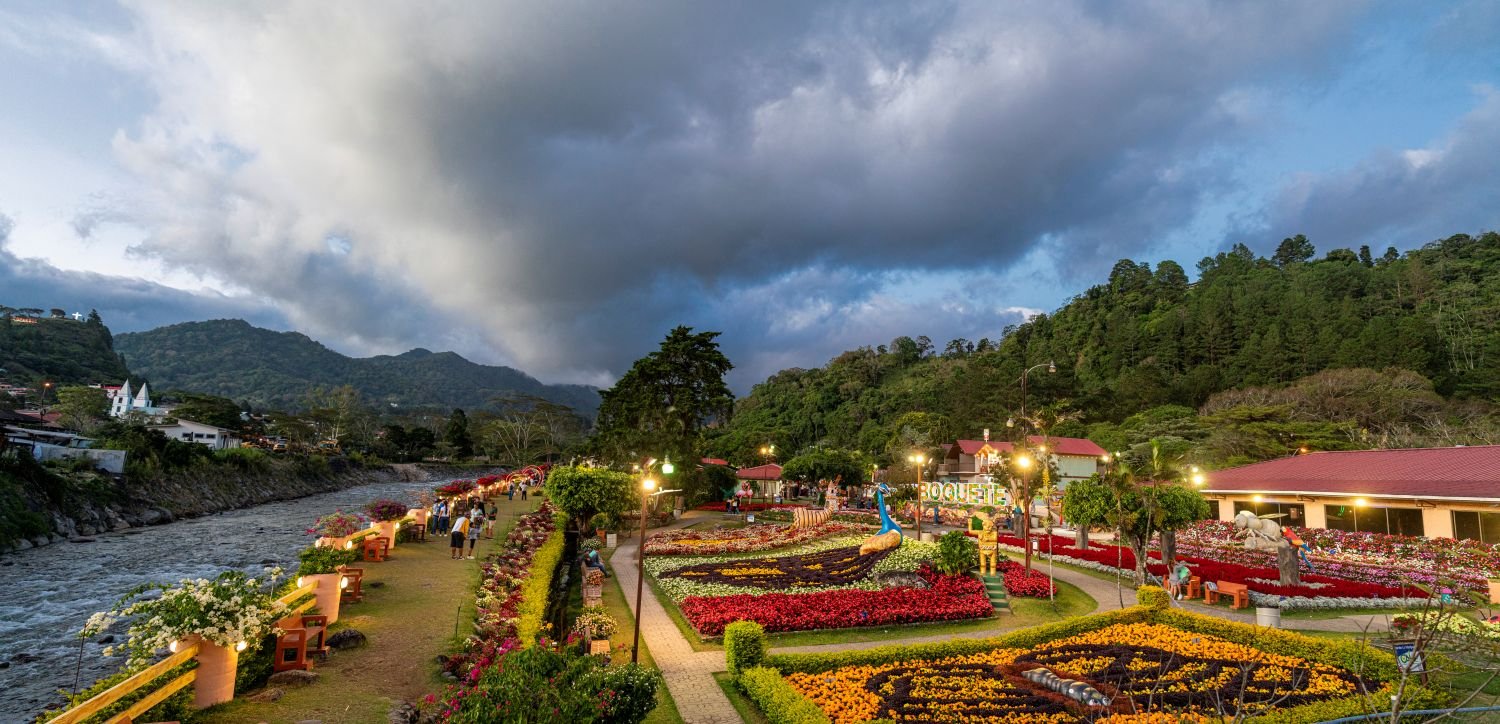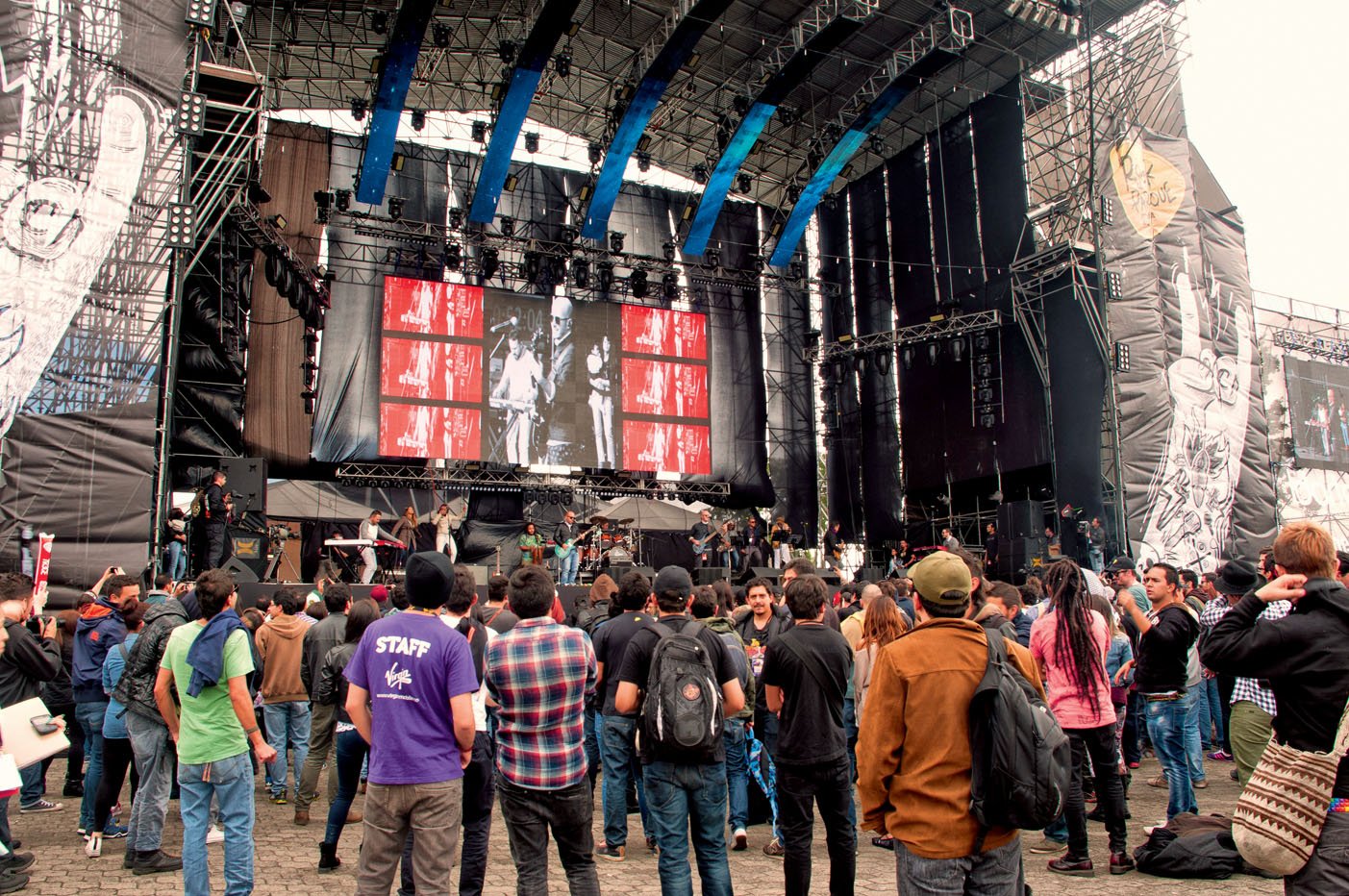
IFF Panama: Creating Space for Dialogue and Exchange
Text and photos: Winnie T. Sittón
The International Film Festival of Panama is much more than a showcase of the seventh art. Since its first appearance in 2012, this great cinematographic festival has been known for screening the best of international cinema. It has also become a valuable space for meetings and dialogue, elevating the artistic experience for the audience.
It’s not an exaggeration to say that, year after year, some of the events most anticipated by movie goers at the festival are the Q&A sessions held at the end of film screenings. It is there where lovers of the seventh art can interact with the many audiovisual artists who have come to the Panamanian isthmus, eager to present their films and share their ideas and creative processes with the audience.
For anyone who wants to understand the seventh art in depth, this is pure gold! And if it has become one of the most anticipated moments of the festival, it’s because what takes place within that brief space of interaction is magical, powerful, and very valuable.

Recent Postcards
The director Laura Mora screened Matar a Jesús (Killing Jesus), a Colombian film that won the Audience Award for Best Latin American Feature Film in the most recent IFF. The movie reveals the internal conflict of Paula, a young woman who, by chance, meets the hit man who killed her father. She has doubts about taking revenge after discovering that the murderer is another victim of violence in Colombia. It is a story based on the murder of the filmmaker’s own father, so her profound observations shed light on this film that reflects on the limits of humanity and poses challenges that go beyond the aesthetic.
Another interesting discussion took place at the end of the Dominican film Cocote. The audience, the director Nelson Carlo de los Santos Arias, and the actress Judith Rodríguez exchanged ideas about this Latin American film that questions the ways to build one’s own language. The film is a rebellious experiment in itself, a mixture of fiction and documentary that takes advantage of the existential crisis of its protagonist to delve into the depths of the Dominican Republic, show ancestral rituals, and question the true identify of the island.

The incomparable actress Geraldine Chaplin has already participated in the International Film Festival of Panama four times. In the last event, she accompanied the film Anchor and Hope (Tierra firme), by the Spanish director Carlos Marqués-Marcet. She spoke with the audience about the fun artistic challenge of sharing a scene with her daughter, Oona Chaplin, one of the lead actors in this film that reflects on the traditional family model, based on the story of a female couple who want to have a child together.
The Argentine actor Nahuel Pérez Biscayart spoke about his leading role in the film 120 BPM (Beats Per Minute), a powerful French drama that narrates the outbreak of the AIDS epidemic in the 1990s. The actor offered a valuable look inside this emotional film and addressed the details of his very fine acting. One of the most outstanding figures to walk the festival’s red carpet was the trans actress Daniela Vega, lead actress in A Fantastic Woman (Una mujer fantástica), a Chilean film that won the Academy Award for Best Foreign Language Film. The actress spoke to the press and the public on several occasions, discussing this film that questions the limits of love and empathy and reflects on the difficult situation of a trans woman who loses her partner and, solely because she is different, is not allowed to grieve in peace.

These are just some of the most interesting moments from last year’s festival. Previous IFF Panama festivals also had outstanding moments. The conversation between the actresses Lucía Bosé and Marisa Paredes, conducted by the journalist Juan Carlos Arciniegas; the masterful talk with the Mexican screenwriter Guillermo Arriaga, one of the most important writers of Latin American cinema; and the heartfelt participation of the filmmaker Jean Jean, who, with his documentary God Willing, Yuli (Si Dios quiere, Yuli), shared his experience as a Haitian immigrant in the Dominican Republic.
The eighth International Film Festival of Panama will be held from April 4 – 10, 2019. It will certainly continue to provide these enriching spaces for dialogue and exchange. And although it is still too early to reveal details about the films and artists that will participate this year, you can keep a watch on the information at



